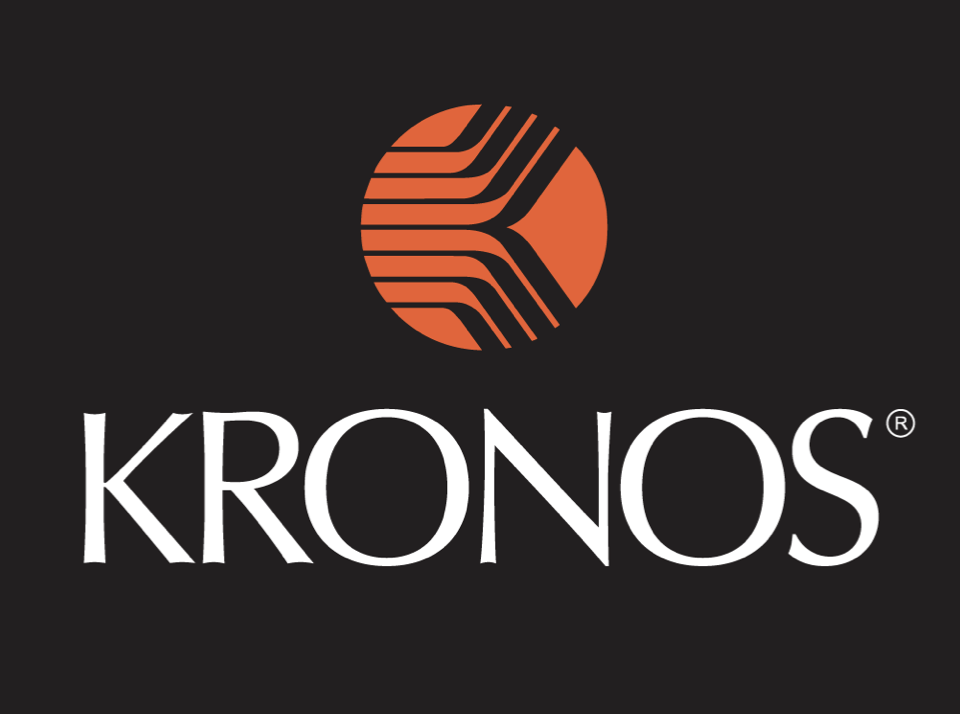Description
Introduction
Securing APIs with MuleSoft Anypoint Security focuses on implementing robust security measures for APIs using the MuleSoft Anypoint Platform. This course covers various security strategies, including authentication, authorization, data protection, and compliance, ensuring that APIs are secure against threats and vulnerabilities while maintaining performance and usability.
Prerequisites
- Basic knowledge of APIs and web services
- Familiarity with MuleSoft Anypoint Platform concepts
- Understanding of security fundamentals is beneficial
Table of Contents
1. Introduction to MuleSoft API Security
1.1 Importance of Securing APIs
1.2 Overview of MuleSoft Anypoint Security Features
1.3 Key Security Principles for API Development
2. Authentication Methods
2.1 Understanding Authentication vs. Authorization
2.2 Implementing OAuth 2.0 for API Security(Ref: Real-Time Data Processing with MuleSoft and Streaming APIs)
2.3 Configuring JWT (JSON Web Tokens) for Authentication
3. Authorization Techniques
3.1 Role-Based Access Control (RBAC)
3.2 Attribute-Based Access Control (ABAC)
3.3 Setting Up Access Policies in Anypoint Platform
4. Data Protection Strategies
4.1 Encryption of Data in Transit and at Rest
4.2 Implementing SSL/TLS for Secure Communication
4.3 Using API Gateway for Data Masking and Tokenization
5. Threat Protection and Mitigation
5.1 Identifying Common API Threats (e.g., DDoS, SQL Injection)
5.2 Implementing Rate Limiting and Throttling
5.3 Using Anypoint Security Policies for Threat Detection
6. API Monitoring and Auditing
6.1 Configuring Anypoint Monitoring for Security Insights
6.2 Setting Up Alerts for Security Incidents
6.3 Maintaining Audit Logs for Compliance
7. Compliance and Best Practices of MuleSoft API Security
7.1 Understanding Regulatory Compliance (GDPR, HIPAA)
7.2 Implementing Security Best Practices in API Development
7.3 Conducting Security Assessments and Penetration Testing
8. Integrating Security in CI/CD Pipelines
8.1 Automating Security Checks in Development Processes
8.2 Integrating Security Tools with CI/CD Platforms
8.3 Ensuring Continuous Compliance and Monitoring
9. Case Studies and Real-World Applications
9.1 Analyzing Successful Security Implementations
9.2 Learning from Security Breaches and Their Impact
9.3 Discussing Future Trends in API Security
10. Conclusion and Resources of MuleSoft API Security
10.1 Preparing for MuleSoft Security Certifications
10.2 Accessing MuleSoft Community and Learning Resources
10.3 Continuing Education and Advanced Security Topics
Conclusion
This course equips participants with the knowledge and skills needed to secure APIs effectively using MuleSoft Anypoint Security. By understanding and implementing best practices for authentication, authorization, data protection, and monitoring, participants will be prepared to safeguard their APIs and maintain compliance in a rapidly evolving security landscape.







Reviews
There are no reviews yet.